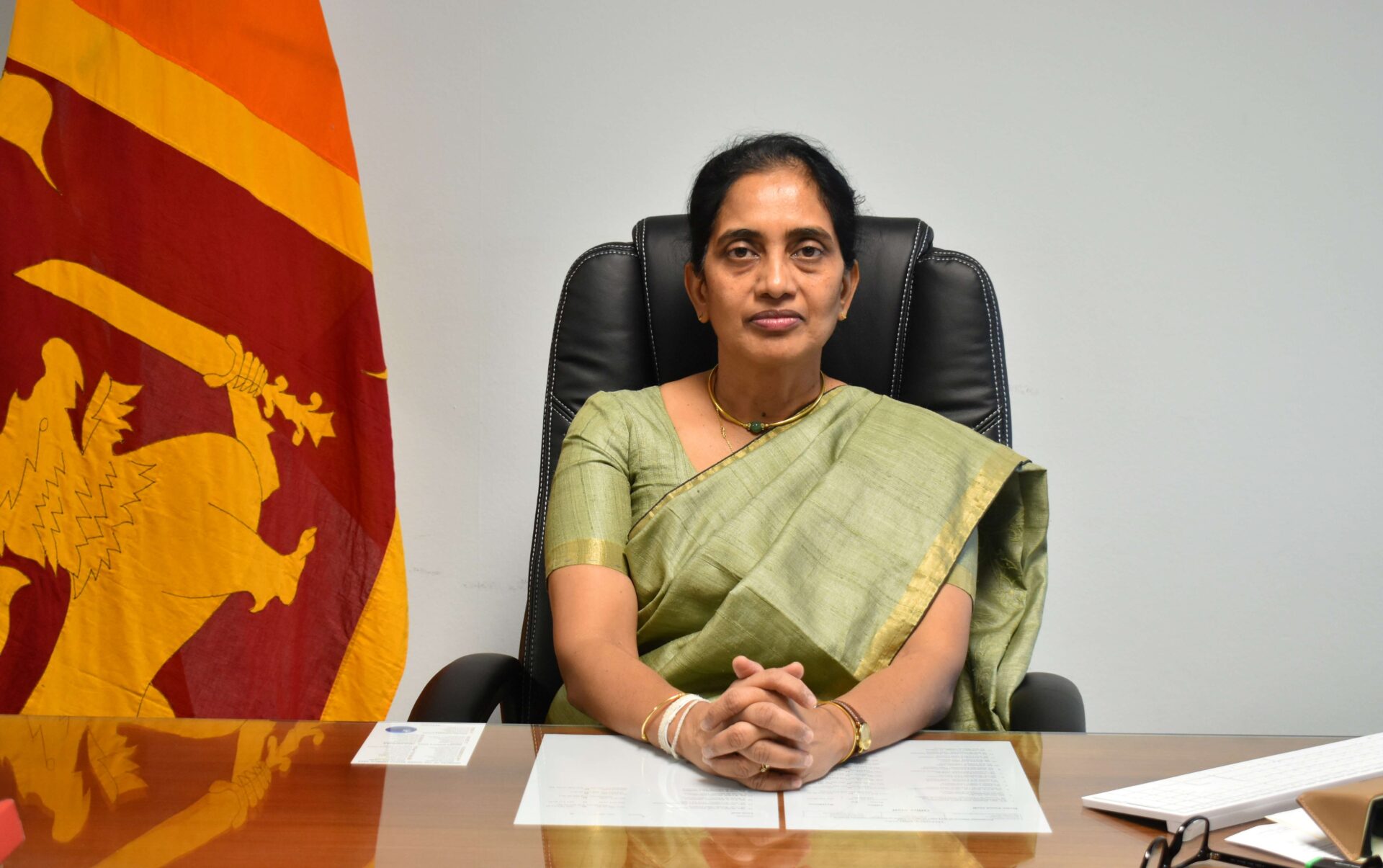
Responding to a damming report by the Office of High Commissioner for Human Rights (OHCHR), which warned that Sri Lanka’s failures to tackle impunity threatened futher enforced disappearances, Sri Lanka’s envoy to Geneva claimed the report was “biased, politicised, and self-generated”.
The report, released a day in advance of the 15th anniversary of the Mullivaikkal genocide, detailed the failures of successive Sri Lankan governments to “tackle structural weaknesses and undertake necessary reform”.
Read more here: OHCHR says ‘failures to tackle structural weaknesses’ in Sri Lanka risks future enforced disappearances
#SriLanka must take meaningful action to determine fates & whereabouts of tens of thousands of people who have been subjected to enforced disappearance over the decades.
— UN Human Rights (@UNHumanRights) May 17, 2024
Accountability must be addressed - @volker_turk on @UNHumanRights report
Sri Lanka’s Ambassador to Geneva, Himalee Arunatilaka, flatly rejected the findings in her letter to the High Commissioner describing it as an “unwarranted and unilateral initiative” by his office. She further insinuated that the report’s release date was politically motivated.
As part of their work on accountability, the OHCHR spoke with 39 survivors who stressed the importance of bring the perpetrators of atrocities to justice and supported prosecutions under the principle of universal jurisdiction and referring Sri Lanka to the International Criminal Court.
The OHCHR's report further slammed Sri Lanka’s Office of Missing Persons, which it stated was more focused on the eligibility of victim families to financial assistance, rather than carrying out thorough investigations to clarify the fate and whereabouts of individuals.
Survivors who spoke with the OHCHR stressed that the financial assistance was being used as “a tool to divert attention away from justice and to buy people’s silence”.
Listed in the report’s recommendations were suggestions that individual states exercise the principle of universal jurisdiction to investigate and prosecute individuals responsible for enforced disappearances in Sri Lanka. Additionally, there were calls for “targeted sanctions” including asset freezes and travel bans on Sri Lankan officials credibly accused of war crimes.
Read more here.
